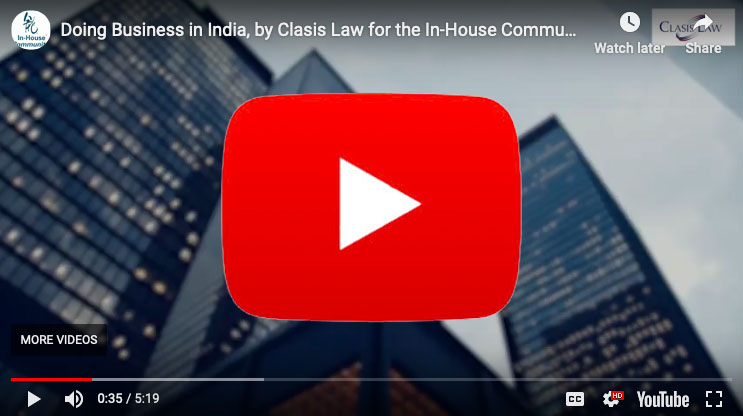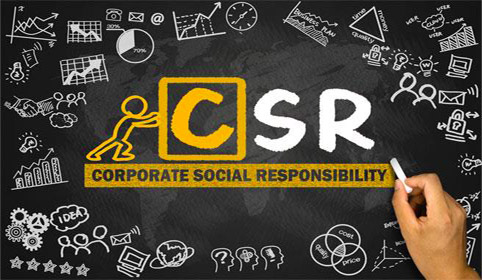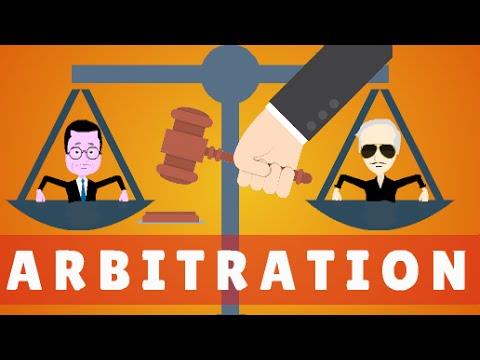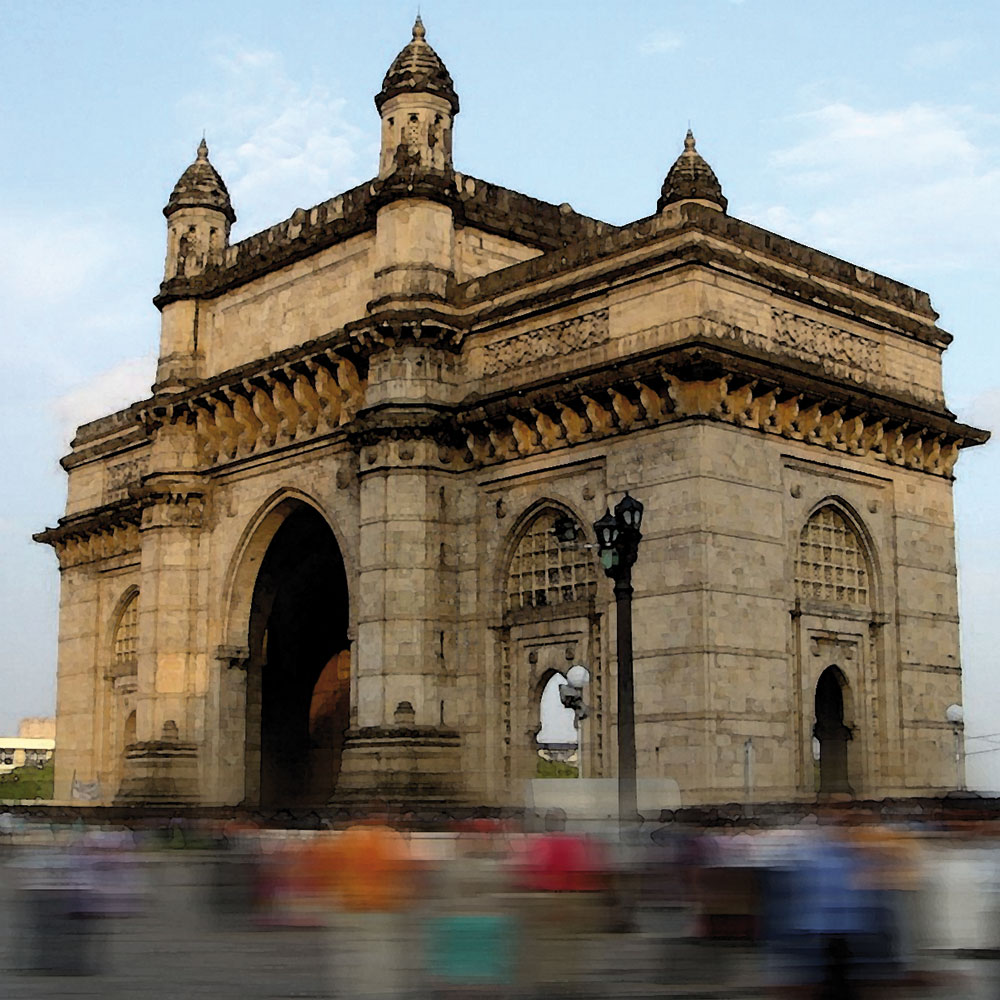
14th Floor, Gopal Das Bhawan, 28, Barakhamba Road, New Delhi 110 001India
Tel: (91) 11 4213 0000 / Fax: (91) 11 4213 0099
Email: gaurav.wahie@clasislaw.com • lovejeet.singh@clasislaw.com Web: www.clasislaw.com
 Vodafone India is in discussions with Idea Cellular for an all-share merger. It appears that the intense competition the Indian telecom industry is facing due to freebies offered by the new entrant, Reliance Jio, has nudged this consolidation move. If the merger goes through, it will create India’s largest telecom company. However, regulatory challenges could impede a smooth merger.
Vodafone India is in discussions with Idea Cellular for an all-share merger. It appears that the intense competition the Indian telecom industry is facing due to freebies offered by the new entrant, Reliance Jio, has nudged this consolidation move. If the merger goes through, it will create India’s largest telecom company. However, regulatory challenges could impede a smooth merger.
The proposed deal will require approvals from several regulators, such as the Department of Telecommunications (DoT), Competition Commission of India (CCI) and National Company Law Tribunal (NCLT).
Approval from DoT
The DoT’s M&A guidelines (Guidelines for Transfer/Merger of various categories of Telecommunication service licence/authorisation under Unified Licence on compromises, arrangements and amalgamation of the companies) provide that companies should notify the proposal of a merger to the DoT as filed before the NCLT.
The guidelines lay down that the merged entity cannot hold more than 25 percent of the total spectrum assigned for access services and 50 percent of the spectrum assigned in a given band in the concerned service area. The M&A Guidelines further provide that the merged entity must surrender the excess spectrum within a period of one year from the permission being granted.
In the alternative, the merged entity can either sell or share the excess spectrum with other telecom operators.
Further, the M&A guidelines provide that the merged entity can have up to 50 percent market share in any service area calculated on the basis of the subscriber base and adjusted gross revenue. In case the market share exceeds 50 percent, then it should be reduced to the specified limit within a period of one year from the date of approval of merger.
It is expected that the Vodafone Idea merged entity may exceed the prescribed limits for spectrum and market share in several circles as both the companies have significant market share in India.
Approval from CCI
The proposed merger would also require approval from CCI as it is likely that the merger will exceed the assets or turnover thresholds prescribed under the Competition Act, 2002.
Considering that the proposed merger will make the largest telecom company in India, the merged entity may enjoy a dominant position in a few circles. CCI, while granting the approval, will closely consider that there is no appreciable adverse effect on competition by the merged entity.
Though CCI has a good track record in terms of approving mergers, there have been instances where CCI has recommended certain modifications, including divestiture before approving the merger, where it felt that there may be an appreciable adverse effect on competition.
In the merger of Sun Pharma and Ranbaxy Laboratories, CCI was of the prima facie opinion that the merger will likely cause appreciable adverse effect on competition as there were horizontal overlaps between the products.
In this matter, CCI investigated relevant markets on the basis of combined market share and incremental market share of the merged entities, and market share of the competitors and significant players, among other factors.
CCI proposed certain modifications and approved the merger subject to the parties carrying out divestiture of their products relating to seven relevant markets.
Similarly, in the acquisition of the film exhibition business of DLF Utilities by PVR, CCI proposed divestment of certain assets. However, the parties proposed amendments saying divestiture was unviable, and the CCI approved the combination without the requirement of making any divestiture.
Considering the above precedents and the fact that Vodafone and Idea are significant market players, CCI may consider approving the merger with riders and modifications.
Approval from NCLT
The proposed merger will be dealt with by the newly constituted NCLT and will be governed by the provisions of the Companies Act, 2013 as the provisions relating to compromises, arrangements and amalgamations were notified in December 2016. Prior to this, such schemes were approved by the High Courts in India.
Conclusion
While the merger is still in the discussion stage, the parties can expect regulatory hurdles as discussed above in the event they decide to proceed with the transaction. In addition to this, Vodafone’s unresolved tax dispute could be another challenge for the merged entity.



































 Clasis Law
Clasis Law Mustafa Motiwala
Mustafa Motiwala Vineet Aneja
Vineet Aneja






